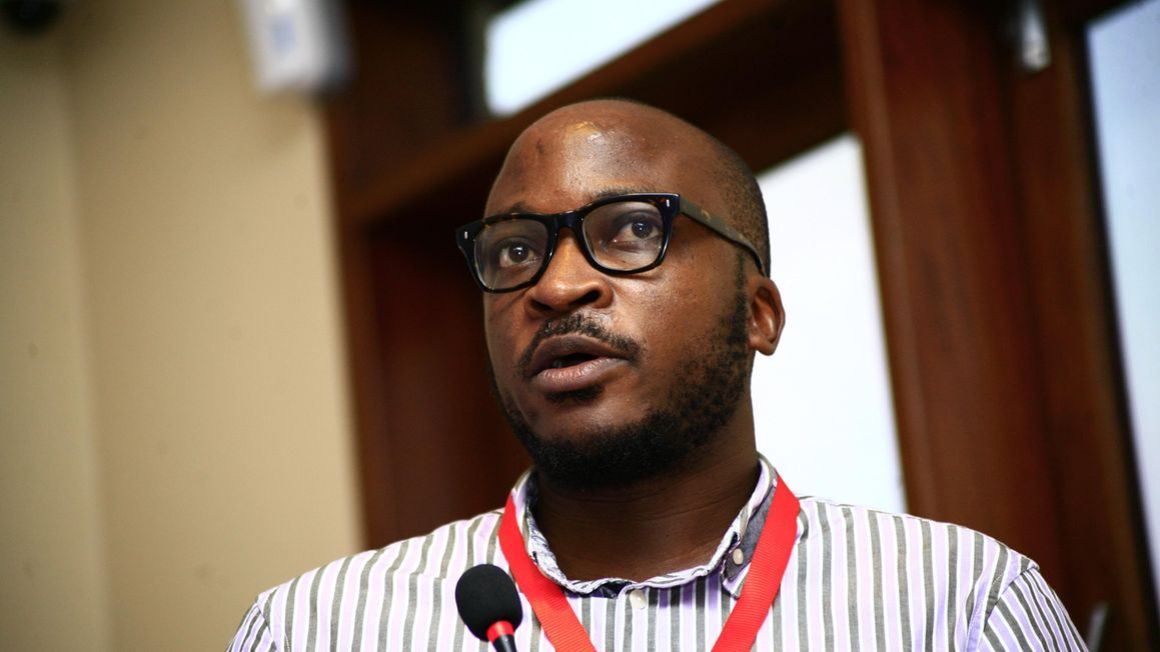Prime
We are still waiting for Karamoja to develop

Daniel K. Kalinaki
The debate about our middle-income status was abruptly answered by images of starving people coming out of Karamoja.
That northeastern pocket of pain and pastoralist plunder is the poster child of poverty in Uganda but it is not an isolated sore.
Poor harvests have left many people across the country scratching the land like chickens in search for nourishment. Never before have random encounters with a tuber here, a wild berry there been so celebrated.
Famine is a combination of poverty and poor logistics. It is not uncommon to have dairy farmers in one corner of the country pour their milk for lack of takers while farmers in other parts go scavenging for something — anything — to eat.
But throw money at the problem and it often disappears. If they could afford it, and if they fancied it those warriors in Karamoja could feast on wild salmon caught in Norwegian rivers.
So why aren’t the elders in Karamoja dinning on foie gras or aged sirloin steak — medium rare, sil vous plait? It isn’t that while Karamoja is rich, its people are financially poor.
No one really knows how rich Karamoja is. There is the cattle that is part of the lifestyle and for which the Karimojong are willing to die to acquire and preserve. That is visible.
Then there’s the marble, the limestone, gold and other minerals of which much is rumoured but little known. All that is visible are the large trucks that go in and out of heavily-guarded mines, taking, taking and taking but almost never bringing back anything.
For years Karamoja and the Karimojong were waved away with a disinterested “we shall not wait for Karamoja to develop”. It nominally meant that the rest of Uganda would march on into the developed world without the Karimojong. There was no indication that we would fetch them on arrival so that they could join us.
Over the years, especially when we discovered the riches underfoot in Karamoja we found a way to extract them without waiting for the Karimojong to develop any sense of awareness.
Successive governments have interpreted the Karamoja question as a military one, and for which disarmament was the main solution. But rival tribes across the border in Kenya and South Sudan remained armed, so those who were disarmed on this side of the borders remained sitting ducks. The incentive to rearm and retain their treasure triumphed any treaties to turn rifles into ploughs.
For disarmament to work, all the armed pastoralist communities in the wild triangle between Uganda, Kenya and South Sudan needed to hand in their guns and the inflows from the lawless horn of East Africa stemmed. With the state of play in Somalia, South Sudan and now Ethiopia, this is an exercise in futility if not done as a regional intervention.
Might more success be found in social and cultural nudges to move away from pastoralist activity to higher value forms of cattle keeping?
Education is an obvious intervention preferably of the vocational variety to break, here and elsewhere, our worship of university degrees.
Another is to get the people of the area more aware and involved in the mining industry around them. It is easier for younger people to make the leap from pastoralist living if they can find decent and financially rewarding work in the mines.
Sharing more of the proceeds of the mines with the communities will build schools and provide services that will ease life and make an even stronger case for changes in lifestyles.
This isn’t and shouldn’t be done as an act of charity, but mutual self-interest. The rest of Uganda cannot expect to march into middle-income or high income status without its poorer parts. And if those parts are, in fact, not poor and net contributors to our overall progress, they cannot be marginalised for much longer.
We cannot stop the Karimojong from raiding other tribes for cattle while we go on raiding their land for its mineral riches. It will not take long for the cattle rustlers to turn their guns on the miners.
No one eats statistics and few people really care whether we are middle income or not — especially if they can’t put a meal together. But the day the people of Karamoja have clean water, good schools, working hospitals and decent incomes we will know that Uganda has, indeed, developed.
Mr Kalinaki is a journalist and poor man’s freedom fighter.
Twitter: @Kalinaki




